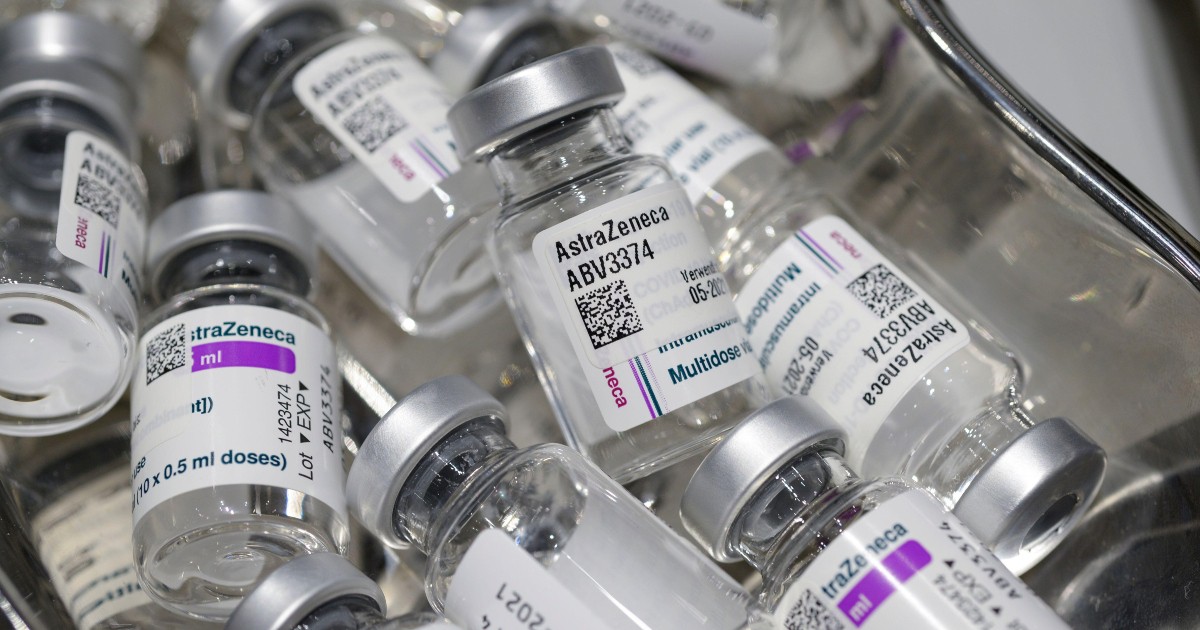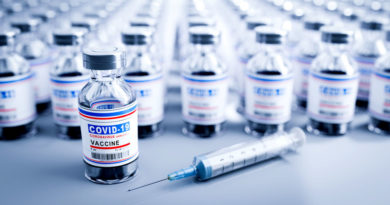Vaccines don’t cause Covid-19

25 November 2021
What was claimed
Covid-19 case numbers are highest in countries with high vaccination rates, showing that vaccines increase case numbers.
Our verdict
Vaccines reduce the risk of getting Covid-19. This analysis is not proof of anything, though it is plausible that vaccination leads people to socialise more and so cases increase as a result.
An article on a website that has repeatedly published misinformation about the pandemic, The Exposé, says that countries with higher Covid-19 vaccination rates tend to have higher case numbers, claiming “the inescapable conclusion[…] is that vaccines increase case numbers.”
The fact that there is a correlation between case numbers and vaccination rates is not proof of causation. There are a number of other reasons why case rates may be higher in countries with higher vaccination rates.
Also, evidence shows vaccination reduces the risk of transmission, though by no means eliminates the risk.
Vaccines don’t cause Covid
You cannot catch Covid-19 from the vaccines.
Trials of the vaccines show they reduce rather than increase the risk of contracting Covid-19, all other things being equal. This has been established through high quality clinical trials which are designed to demonstrate causal relationships, in the way that the Exposé’s data analysis is not.
Even as an exercise in simply analysing correlation, the Exposé’s analysis is flawed because it doesn’t separate out those cases which were detected after vaccines were rolled out in each country from those which happened before.
Other reasons for correlation between vaccination rates and cases
That aside, there are many other reasons why countries with high vaccination rates may have high Covid-19 case figures and countries with low vaccination rates may have low Covid-19 case figures.
For example, the Exposé notes that many countries with low vaccination rates are in Africa, where access to vaccines is much lower than in Europe. Africa has also, broadly, suffered fewer deaths from Covid-19 than the rest of the world.
But this has been attributed to a number of factors that have nothing to do with vaccines. It has been claimed that African countries have public health systems more accustomed to dealing with infectious diseases, have a climate favourable for limiting the spread of an airborne disease and have much younger, and therefore more resilient, populations.
The prevalence of Covid-19 in some of these countries may also be understated more than it is in countries with more expansive testing regimes, and data from the Our World in Data project shows a correlation between vaccination rates and the number of tests done per person.
Another reason for the correlation may be because case numbers are driving vaccine uptake, as populations more affected by Covid-19 may be more keen to receive a vaccine, rather than vaccine uptake driving case numbers, as the Exposé claims.
Changes in behaviour
Finally, it is plausible that vaccine roll outs are leading to behaviour changes and government policy changes which are driving case numbers, even though the vaccines are not giving people Covid-19.
Vaccinations, in the UK at least, were key to the government deciding to remove lockdown restrictions. Being vaccinated may also encourage the recipient to socialise more and put themselves in more situations where they risk contracting Covid-19.
On 17 May, the UK government relaxed restrictions in England, allowing indoor hospitality and groups of six to meet indoors. Shortly following this, cases started to rise and have remained above the level before restrictions were relaxed ever since.
In that sense, high levels of vaccination may, in part, be driving higher levels of social contact and case numbers, but that does not mean vaccines are infecting people.
But, at an individual level, as well as reducing the risk of contracting Covid-19, vaccines also reduce, though by no means eliminate, the risk of passing the disease on to others.
This article is part of our work fact checking potentially false pictures, videos and stories on Facebook. You can read more about this—and find out how to report Facebook content—here. For the purposes of that scheme, we’ve rated this claim as false because the Exposé’s analysis is not fit to draw causal conclusions from. There are a number of factors which may explain why vaccination rates are correlated with case numbers.


